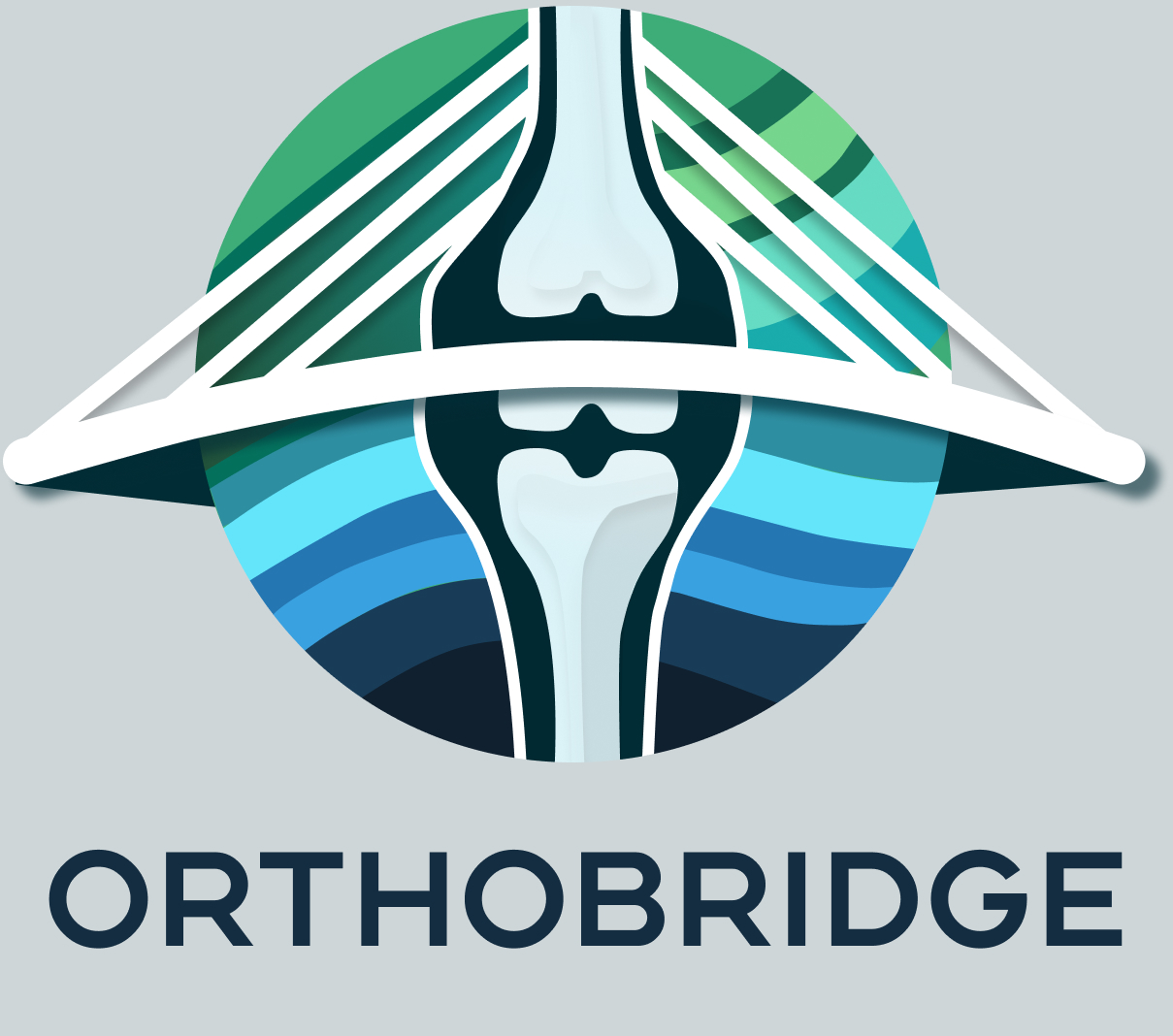LCL Tears
Learn more about some common knee causes of LCL Tears we treat at Orthobridge Orthopedic Centre.
Lateral Collateral Ligament (LCL) Tears Treatment in Kenya
A lateral collateral ligament (LCL) tear is a knee injury that causes pain, swelling, and bruising. Your LCL is a band of tissue located on the outside of your knee (the side that faces away from your body). This tissue connects your lower leg bones to your thigh bone. It stops your knee from bending outward abnormally

Symptoms
The symptoms of an LCL tear include:
1. Pain.
2. Swelling.
3. Tenderness.
4. Bruising.
An unstable feeling. Your knee might feel like it’s about to give out or buckle or lock up.
You might find that the sensation of being unstable on your feet continues after you’re walking again. While not unusual, it’s a good idea to tell your healthcare provider about it. Such instability can feel a little scary since you might fear injuring yourself again.

Causes
LCL tears typically happen when you’re playing a sport that involves:
1. Bending.
2. Hard contact.
3. Quick changes of direction.
4. Twisting.
5. Jumping.
6. Weaving.
7. Stop-and-go movements.
The riskiest sports for LCL tears include:
1. Football.
2. Skiing.
3. Soccer.

Treatment
Non-Surgical Treatment.
An injured lateral collateral ligament (LCL) of the knee can usually be treated with at-home and nonsurgical options.
Immediately following the injury, the RICE method is recommended:
1. Rest. Activities that cause knee pain, such as running or walking for long periods of time, should be avoided until pain and swelling go away. The activity that caused the injury should be avoided until fully recovered.
2. Ice. A person may wish to apply ice packs to the area to help reduce pain and swelling. Ice packs can be applied several times throughout the day for about 10 to 20 minutes at a time.
3. Compression. Swelling can be managed by wearing an elastic bandage around the affected knee.
4. Elevation. Keeping the knee elevated and supported above the waist—for example, sitting in a recliner or lying down with the knee propped up on pillows—may help with swelling.
You may also need to go to physiotherapy (physical therapy). Physiotherapy will help you:
- Strengthen your muscles.
- Increase your range of motion.
- Learn exercises you can do at home.
Severe injuries require open surgery. Your surgeon will:
- Stitch up your torn LCL.
- Reattach the LCL to your bones.
- Reconstruct your ligament using other tendons or ligaments.
Your healthcare provider might give you the go-ahead to return to your sports activities once you can walk without limping. First, you’ll have to go through what’s called functional progression. You’ll start with simple, gentle exercises and stretches, then move to moderate ones and eventually return to your normal activities. Be sure to check with your healthcare provider before starting a regimen of stretches and exercise.
Healing from an LCL tear can take time. It can be hard to be patient, but you can’t rush the process
Hear from some of our patients
Out of country patients
Because of Col (Dr) Adari’s extensive training and experience in elbow arthroscopy, patients travel from all areas of the world for their elbow arthroscopy in Kenya.
If you are an out of the country patient, feel free to let us know so we can accommodate an appropriate time for your consultation with Col (Dr) Adari.
Col (Dr) Adari is known as a top-rated orthopedic & trauma surgeon for elbow arthroscopy in Nairobi, Kenya, and across East Africa, Central Africa, and West Africa.
If you are work – traveling expatriate on diplomatic missions, feel free to contact us so we can accommodate an appropriate time best suited to you for your consultation with Col (Dr) Adari.
Contact us today to reserve your consultation, we are more than happy to assist you with any queries you may have prior to seeing the doctor.
Our Affiliations









